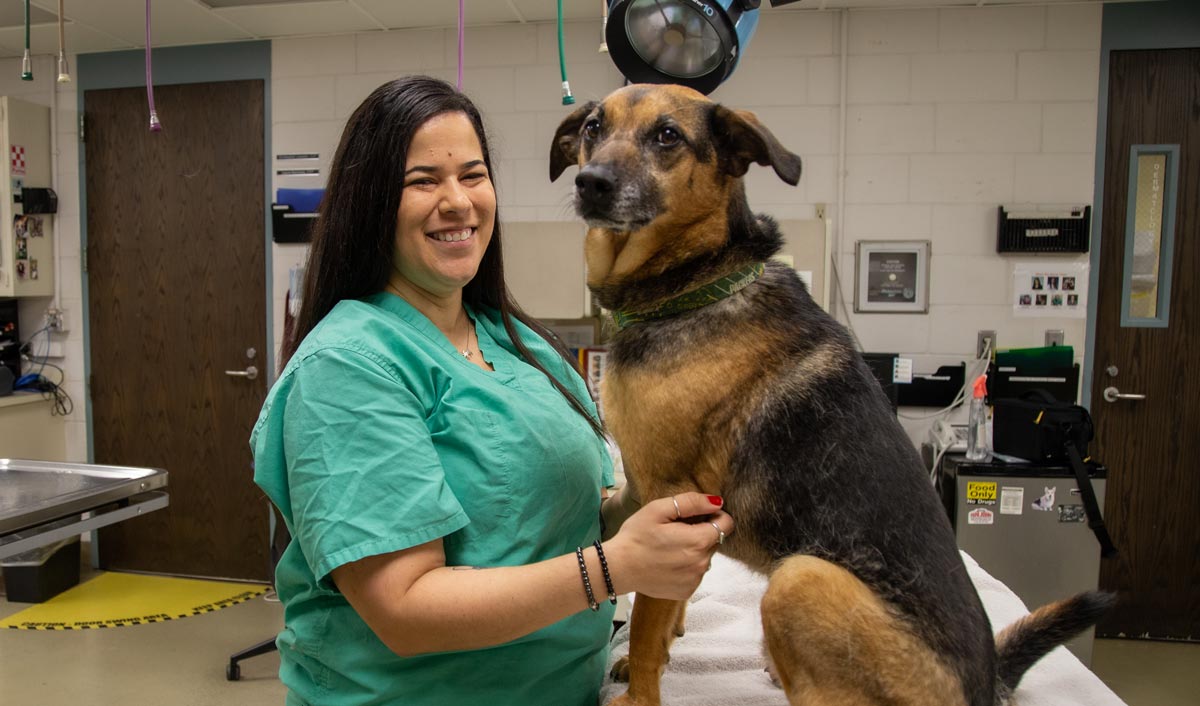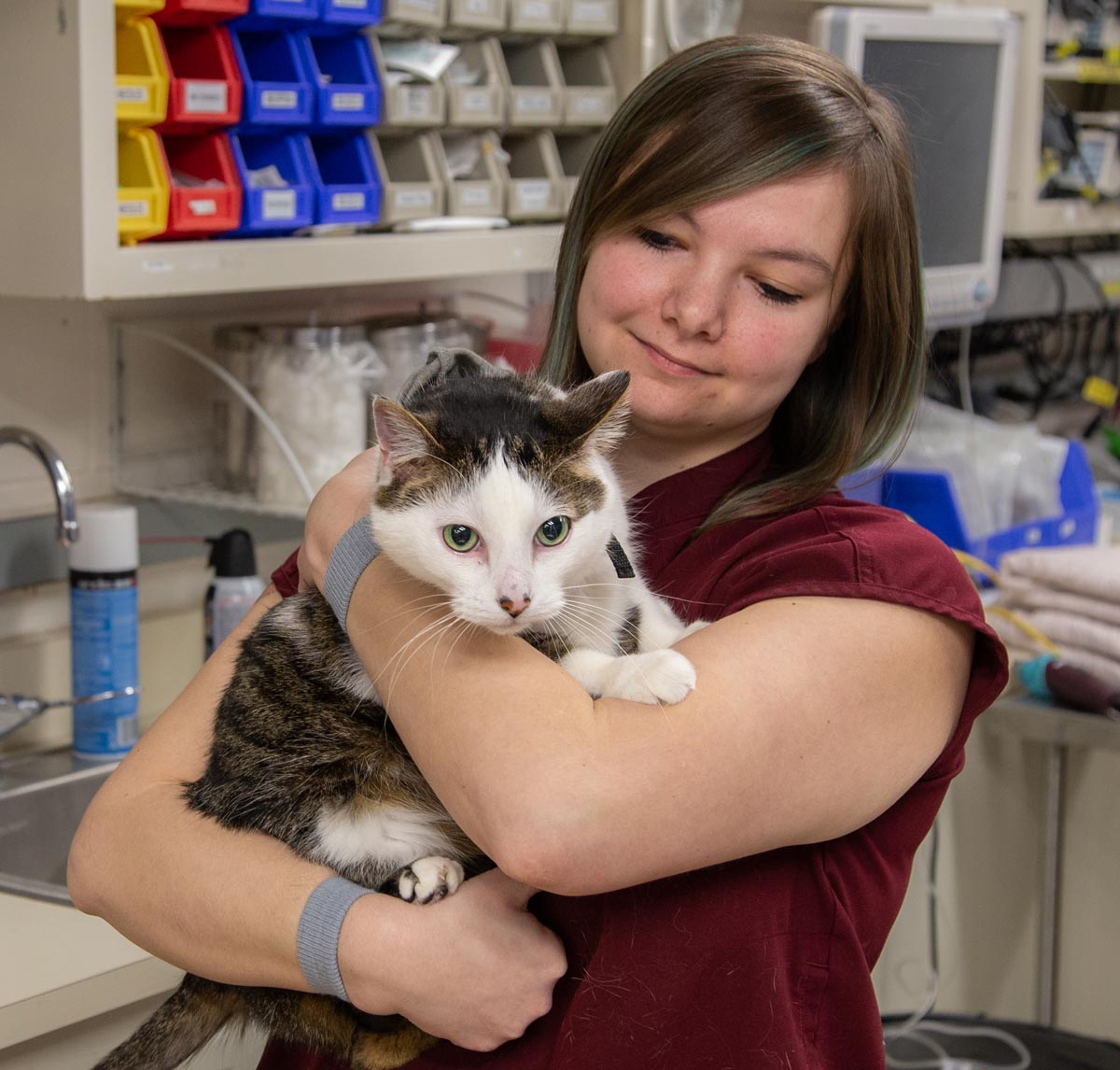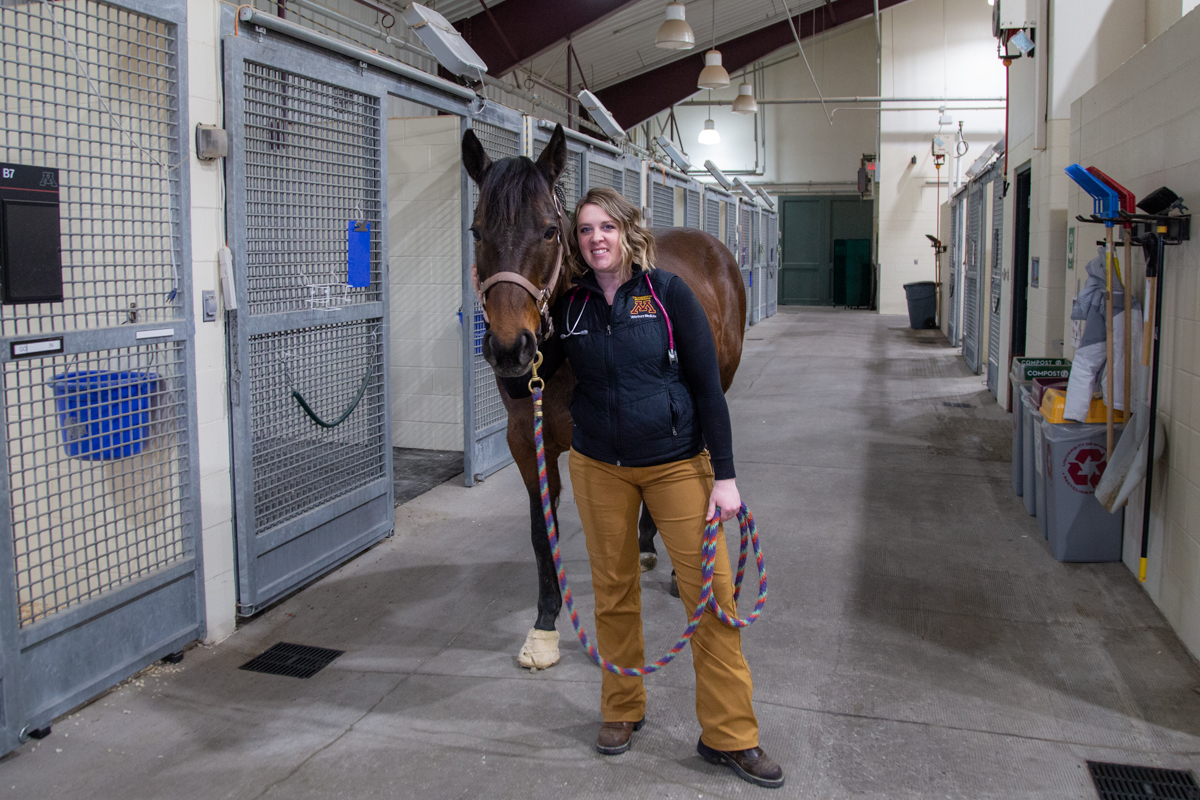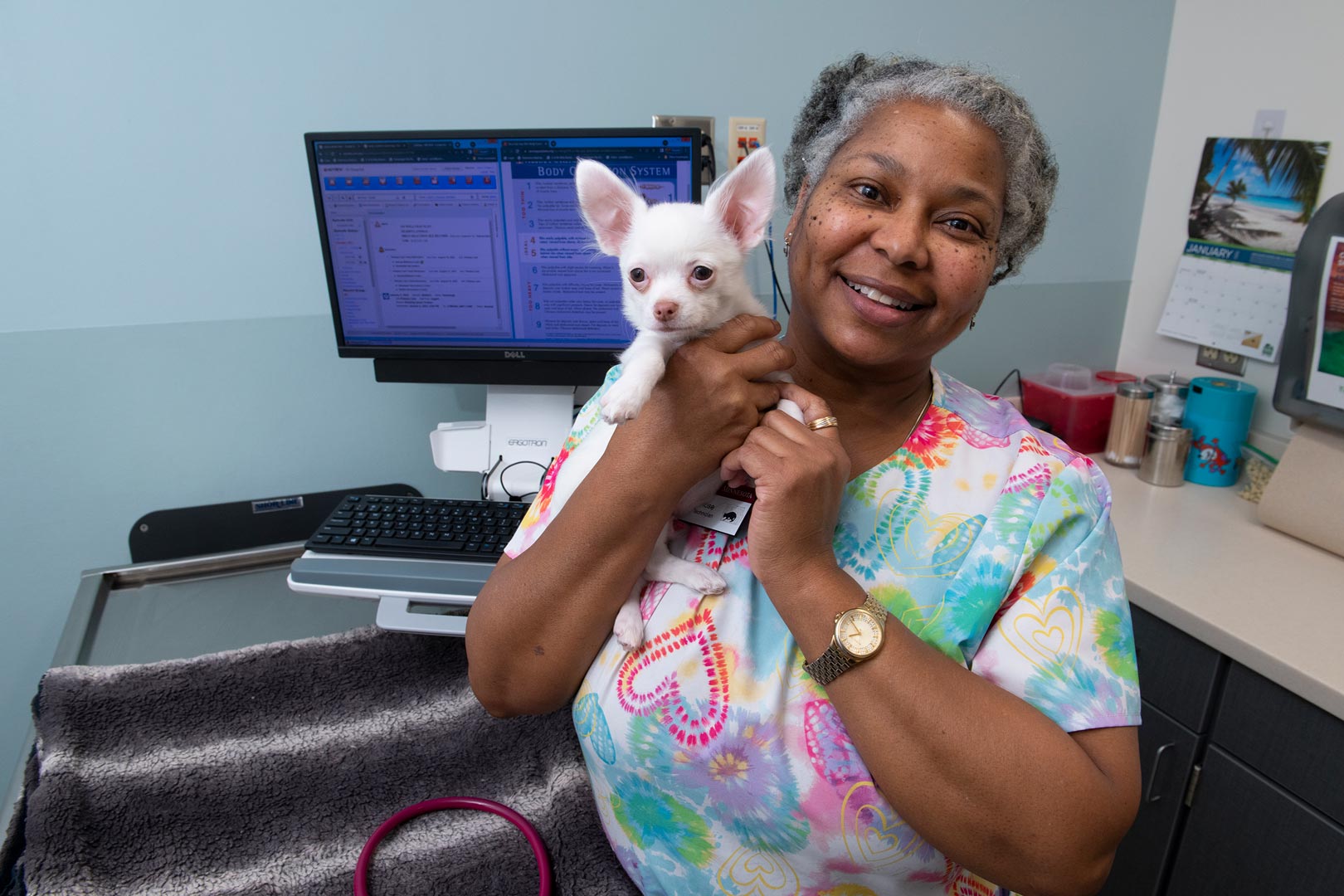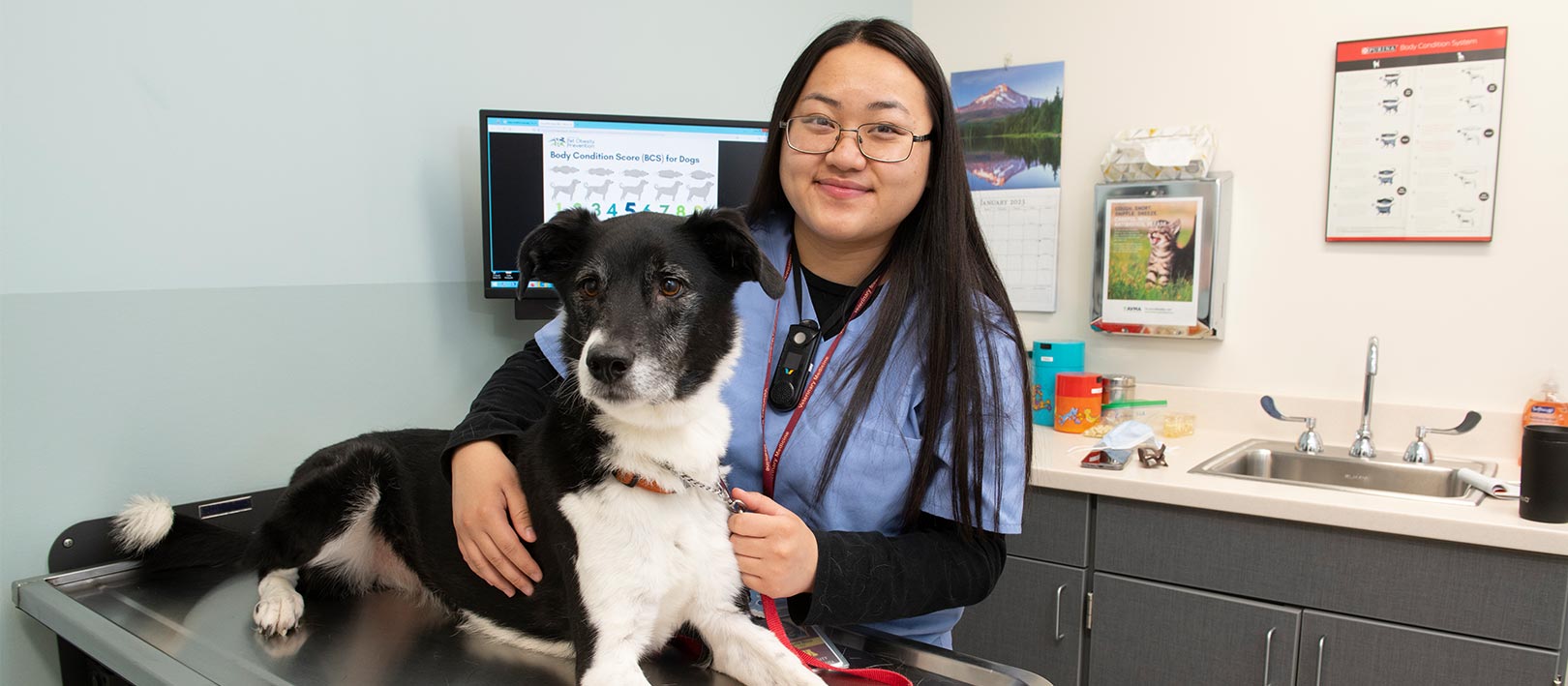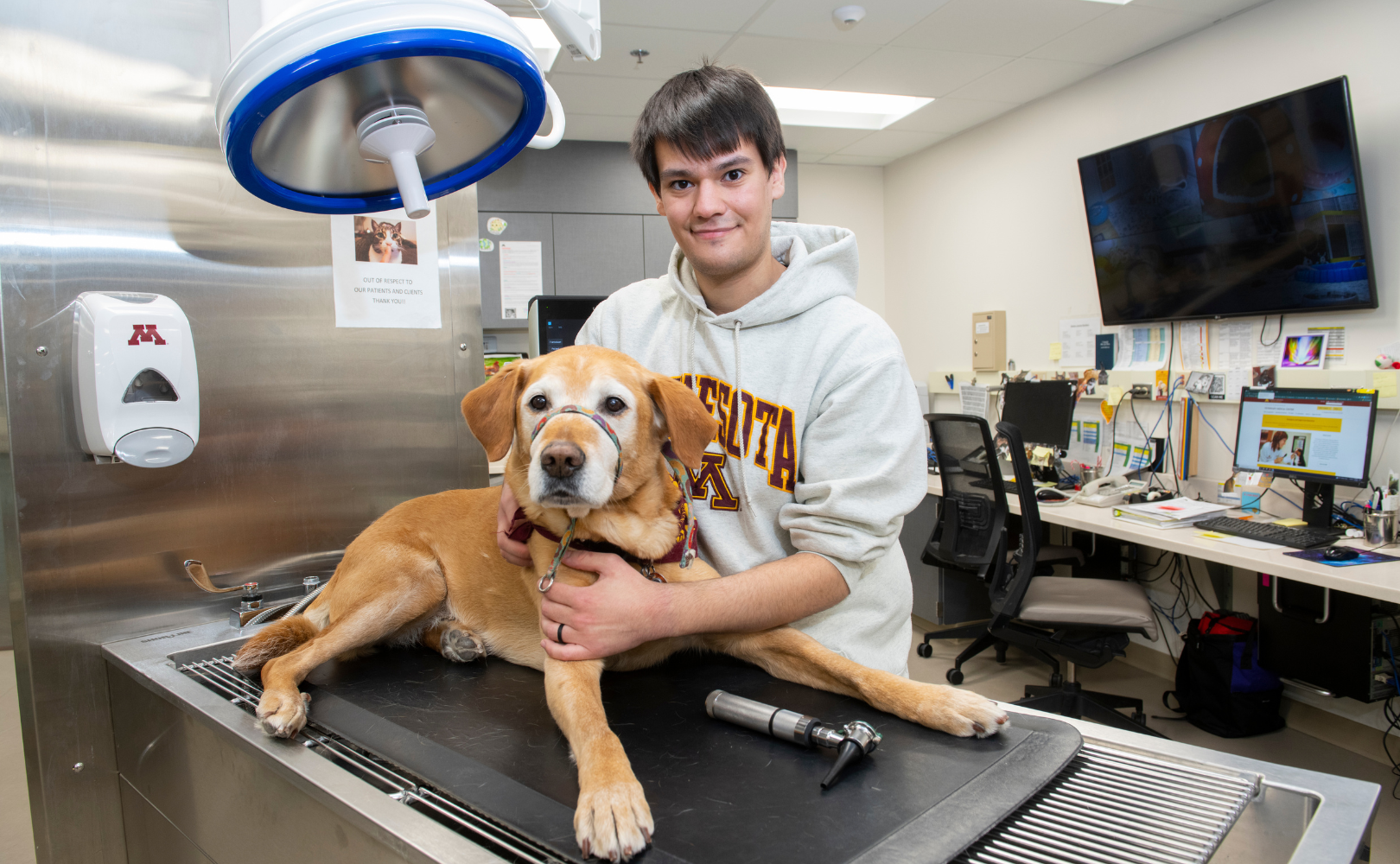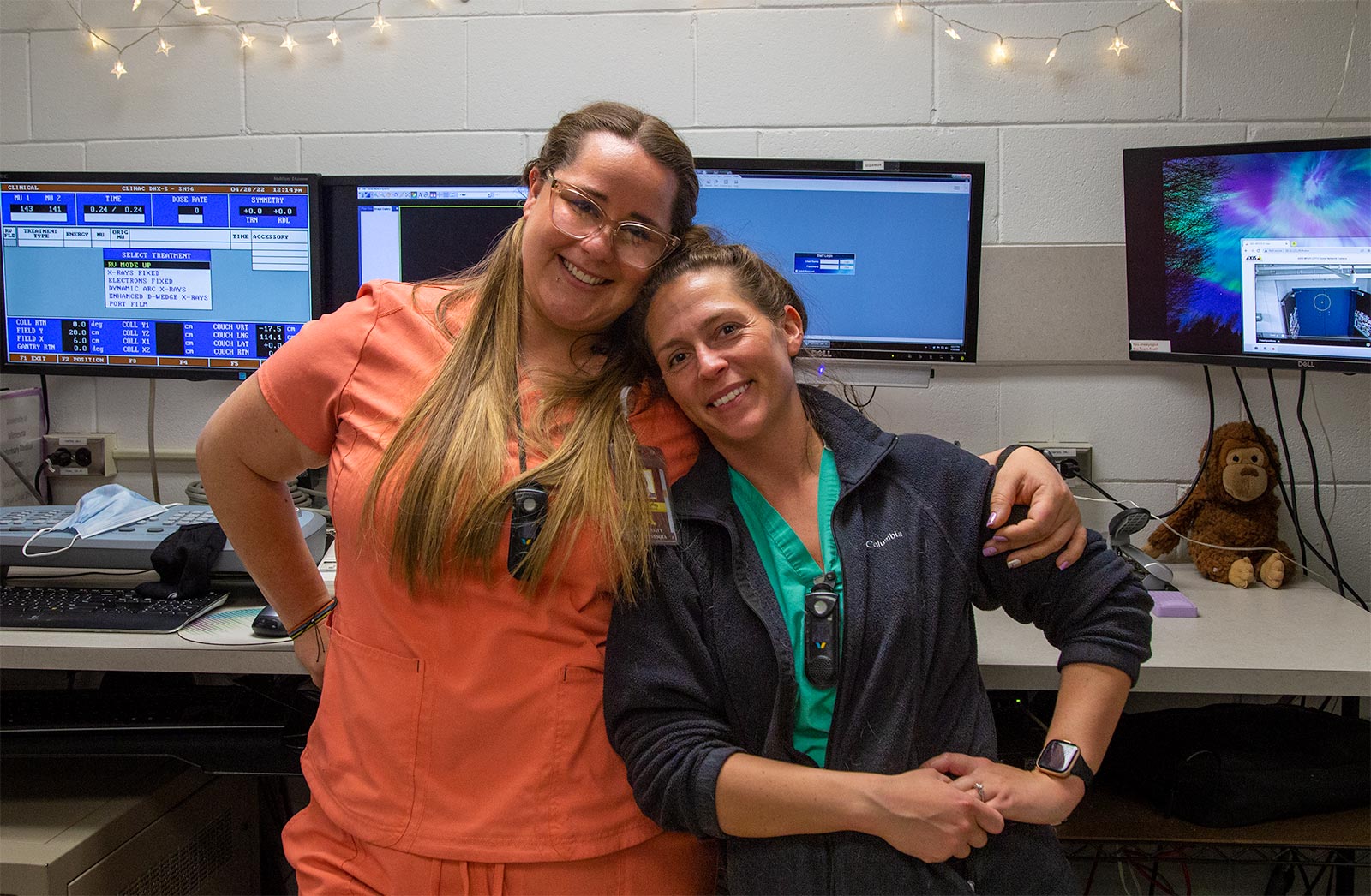How Legalized Marijuana Impacts Your Job at the University of Minnesota
This message was shared by the Office of Human Resources to faculty and staff on May 31, 2023.
As you may have read in the news, Governor Walz recently signed a bill into law legalizing the use of marijuana for recreational purposes by adults age 21 and over as well as the right to grow up to eight plants for personal use. The new law will also decriminalize its possession and expunge misdemeanor marijuana offenses from criminal records.
While the new law may begin to shift societal norms outside the workplace, University employees will still be expected to follow the University’s Drug-Free policy, Smoke-and Tobacco-Free policy, and Code of Conduct, which outlines the responsibilities of employees to “act according to the highest ethical and professional standards of conduct” and “be personally accountable for individual actions.”
As has been the standard procedure in the past, employees who violate these policies and perform work while impaired due to the use of controlled substances are subject to disciplinary action, including termination. Additionally, while the new law allows for the growing of cannabis plants at home, no such plants grown for personal use are allowed on any University property nor should such plants be visible on camera during remote work. Please also note that the legalization of marijuana at the state level does not change the federal DOT Drug policy for drivers, of which the University has about 100 employees. All members of our University community are responsible for encouraging compliance with these policies.
If you, or someone you are concerned about, need help with substance misuse, the University has resources available to you, including confidential counseling and chemical health consultation through the Employee Assistance Program and mental health resources for University employees and their dependents enrolled in the medical plan.
We appreciate your awareness and compliance with this issue in support of protecting the health of our entire community.
Employees who violate the University’s Drug-Free policy, Smoke-and Tobacco-Free policy, or Code of Conduct and perform work while impaired due to the use of controlled substances are subject to disciplinary action.
